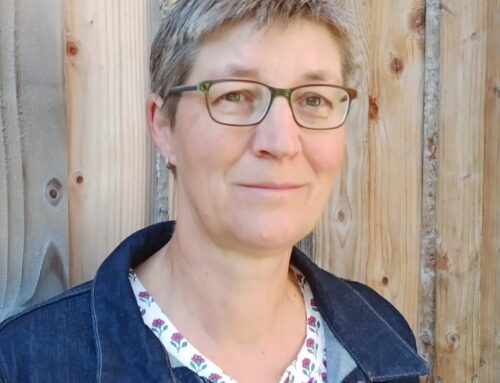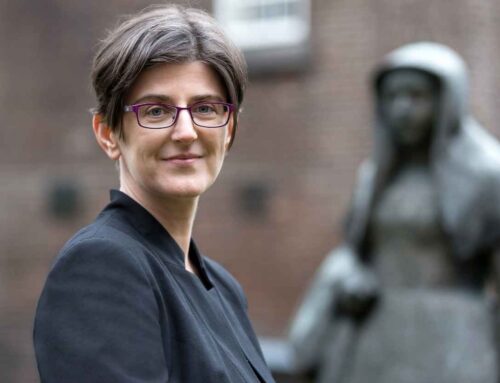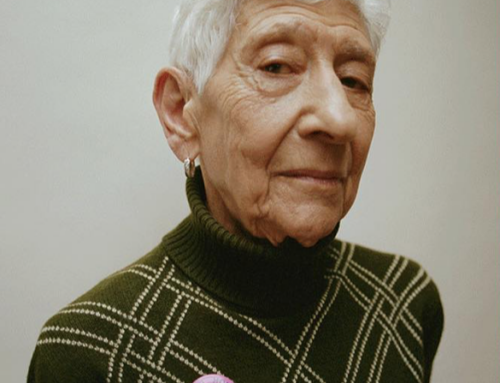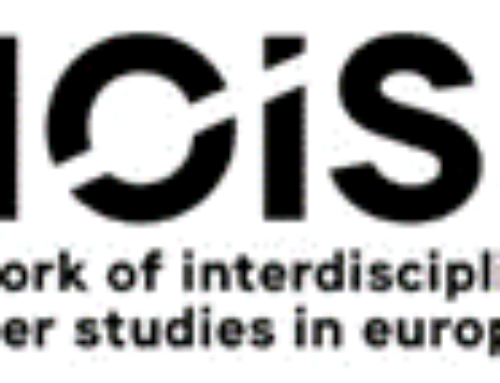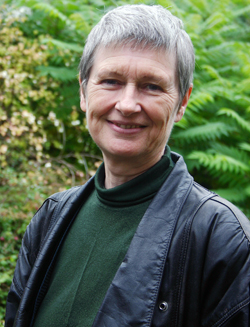 The Netherlands Research School of Gender Studies in cooperation with the Graduate Gender Programme (GGeP) at Utrecht University organises the eighteenth round of the DOING GENDER Lecture Series. These lectures stress the importance of doing gender work combined with an active involvement in the practice of gender theory and research. The concept of DOING GENDER supports a hands-on approach to gender issues in the sense of social and political engagement with the new forms of gender inequalities that are taking shape in the world today. The lecture series wants to give space to the new generations of gender theorists and practitioners and to perspectives that innovate the field and do gender in new ways. Key is the notion of doing gender: what is the state of the art definition of gender? How do contemporary scholars and activists utilise this definition?
The Netherlands Research School of Gender Studies in cooperation with the Graduate Gender Programme (GGeP) at Utrecht University organises the eighteenth round of the DOING GENDER Lecture Series. These lectures stress the importance of doing gender work combined with an active involvement in the practice of gender theory and research. The concept of DOING GENDER supports a hands-on approach to gender issues in the sense of social and political engagement with the new forms of gender inequalities that are taking shape in the world today. The lecture series wants to give space to the new generations of gender theorists and practitioners and to perspectives that innovate the field and do gender in new ways. Key is the notion of doing gender: what is the state of the art definition of gender? How do contemporary scholars and activists utilise this definition?
On Wednesday October 4, 2017, Prof. emerita Margrit Shildrick will give a Doing Gender Lecture on ‘Supplementing the Embodied Self: Disability, Bodily Extensions, and the Posthuman’
In the era of postmodernity, issues of bodies and technologies increasingly challenge not only the normative performance of the human subject, but also the very boundaries of what counts as human. Where in the past, the term prosthesis intended some material object that compensated for a substantive and negatively figured lack in embodiment, the emphasis now is firmly on enhancement and supplement. For many disabled people – whose interface with the world may rely to a greater or lesser extent on the deployment of prostheses – the mode of rehabilitation to normative practices is no longer the point; instead prostheses may be highly productive alternatives that inevitably queer experience itself. Going further, the notion of technological supplementarity can be transformed to encompass an understanding of embodiment as necessarily entailing assemblage – in both organic, non-organic and hybrid forms – as a mode of existence that troubles our human privilege.
Margrit Shildrick is Professor Emerita of Gender and Knowledge Production at Linköping University, and Adjunct Professor of Critical Disability Studies at York University, Toronto. Her research covers postmodern feminist and cultural theory, bioethics, critical disability studies and body theory. Books include Leaky Bodies and Boundaries: Feminism, (Bio)ethics and Postmodernism (1997), Embodying the Monster: Encounters with the Vulnerable Self (2002) and Dangerous Discourses of Disability, Sexuality and Subjectivity (2009), as well as several edited collections and journal articles. Most recently, she has been addressing the socio-political and embodied conjunction of microchimerism, immunology and corporeal anomaly.
Doing Gender Lecture details:
Wednesday October 4, 2017, Prof. emerita Margrit Shildrick (Linköping University, SE)
- Lecture: Supplementing the Embodied Self: Disability, Bodily Extensions, and the Posthuman
- Time: 15:15 – 16:45 hrs
- Location: Utrecht – Drift 13, room 0.04
- Chair: Dr. Magda Górska
This Doing Gender Lecture is free of charge.
Registration is compulsory: nog@uu.nl
CFP: masterclass ‘Rethinking the Conventions of Embodiment in the Age of Postmodernity: The Significance of Critical Disability Studies’ with Prof. emerita Margrit Shildrick
- Date: Tuesday October 3, 2017
- Time: 11.30 – 16.00 hrs
- Location: Utrecht University
- Organisers: Graduate Gender Programme and the Netherlands Research School of Gender Studies, Utrecht University
The contemporary consideration of the anomalous body introduces another arena of difference – just as gender studies, queer theory and postcolonial studies have done before – which once investigated has the capacity to fundamentally disrupt conventional epistemologies and ontologies. In short, our understanding of all embodied selves is affected once we take the difference of disability into account. Critical disability studies emphatically cannot be sidelined as primarily the concern of those with disabilities: insofar as each of us, however we are embodied, is complicit in the construction and maintenance of normative assumptions, it challenges every one of us to rethink the relations between disabled and non-disabled designations, not just ethically as has long been the demand, but ontologically, right at the heart of the whole question of self and other.
This Masterclass will engage anyone interested in recent theoretical developments in body theory, and participants are invited to make links to their own research – which may have nothing at all to do with disability – and come with related questions in the afternoon session.
Preparation before the Masterclass:
The students are required to read the assigned literature. The afternoon part of the Masterclass will give the students opportunity to discuss their own work and research interests with Prof. Shildrick. The students are, therefore, asked to prepare a short description of their own research interest and to articulate one or several questions that they would like to discuss with Prof. Shildrick and other students.
Schedule:
11:30-13:00 – Lecture and discussion
13:00-14:00 – Lunch break
14:00-16:00 – Discussion of student’s projects and questions
Eligibility:
The Masterclass is open to PhD students and Research Master Students. Students of the UU Master Programme Gender Studies may be allowed to join the Masterclass if their research interests relate directly to Critical Disability Studies.
Application:
The course is open to 15 students. Please write a max. 1 page long description of your research interest and explanation of the reason why you want to participate in the Masterclass. Please submit it to m.a.gorska@uu.nl.
Deadline for submission: Friday September 29th, at 10 am. You will receive response if you have been selected for the class by the end of Friday September 29th.
ECTS:
Participants can get a Certificate of Attendance. ECTS is possible after a written paper – please contact the Magdalena Górska for this after the Masterclass: m.a.gorska@uu.nl
Readings:
- Goodley, Dan, Rebecca Lawthom, and Katherine Runswick-Cole. 2014. “Posthuman Disability Studies.” Subjectivity 7: 4, 342-361. Available at Google Scholar via UU Library.
- Meekosha, Helen and Shuttleworth, Russell. 2009. “What’s so ‘critical’ about critical disability studies?’, Australian Journal of Human Rights 15, 1: 47-75. Available at: https://www.researchgate.net/profile/Russell_Shuttleworth/publication/258919369_What%27s_So_Critical_About_Critical_Disability_Studies/links/0deec5296a0d5d7955000000/Whats-So-Critical-About-Critical-Disability-Studies.pdf
- Shildrick, Margrit. 2009. Dangerous Discourses: Subjectivity, Sexuality and Disability. Basingstoke, New York: Palgrave Macmillan. Please read: chapters 2 (Genealogies) and 7 (Global Corporealities). Available at Google Scholar via UU Library.
- Garland Thomson, Rosemarie. 2005. “Feminist Disability Studies.” Signs: Journal of Women in Culture and Society, 30: 2, 1557-1587. Available via UU Library.


